Valencia is bracing for a potential disease outbreak following devastating floods that have claimed over 200 lives.
Health experts warn of serious risks emerging from stagnant water and contaminated mud left behind by the disaster.
Hospitals are preparing for a surge in infections, with concerns ranging from hepatitis A to tetanus and mosquito-borne illnesses.
The flood-ravaged areas have become a breeding ground for harmful organisms, posing significant challenges for cleanup volunteers.
Public health authorities are advising strict precautions as thousands join the efforts to clear away the toxic debris.
Public health specialist Pedro Gullon warns of gastrointestinal problems caused by contaminated water in the initial days and weeks following the floods.
“A flood of these characteristics brings public health problems we need to be aware of, linked mainly to the accumulation of water and sewage,” Gullon stated.
Epidemiologist Jose Maria Martin-Moreno described the stagnant water as “the perfect habitat for the proliferation of mosquitoes and cockroaches, as well as rodents and organisms which can cause human beings infections.”
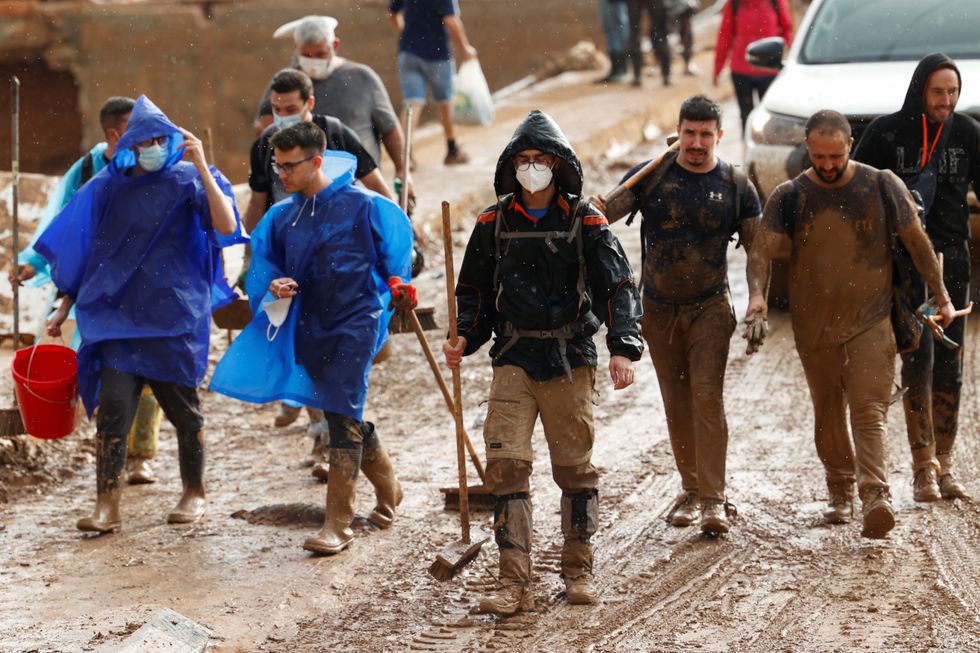 Spain flooding: Valencia braces for major disease outbreak as experts warn of fatal blood infectionREUTERS
Spain flooding: Valencia braces for major disease outbreak as experts warn of fatal blood infectionREUTERS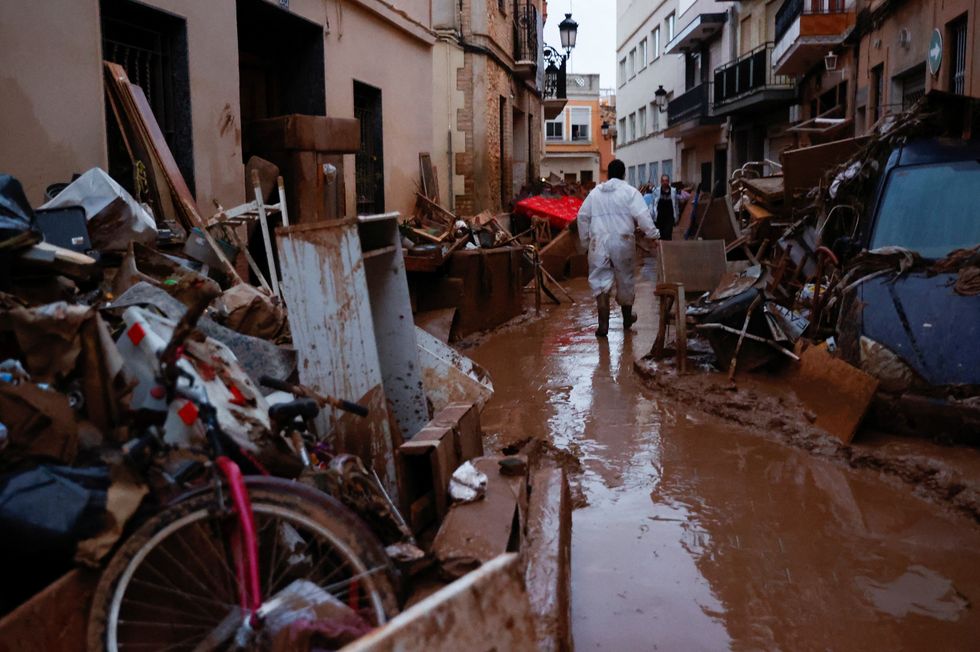
Mud and water-filled streets in Valencia
REUTERS
Experts are also concerned about leptospirosis, a potentially fatal blood infection contracted from animals, soil, or water.
Regional president Carlos Mazon is urging locals to get tetanus vaccinations to prevent complications from cuts and wounds.
Volunteers joining the cleanup efforts are being advised to wear face masks, gloves, waterproof boots, and long-sleeved clothing.
Health authorities stress the importance of washing with soap after contact with mud.
LATEST DEVELOPMENTS:
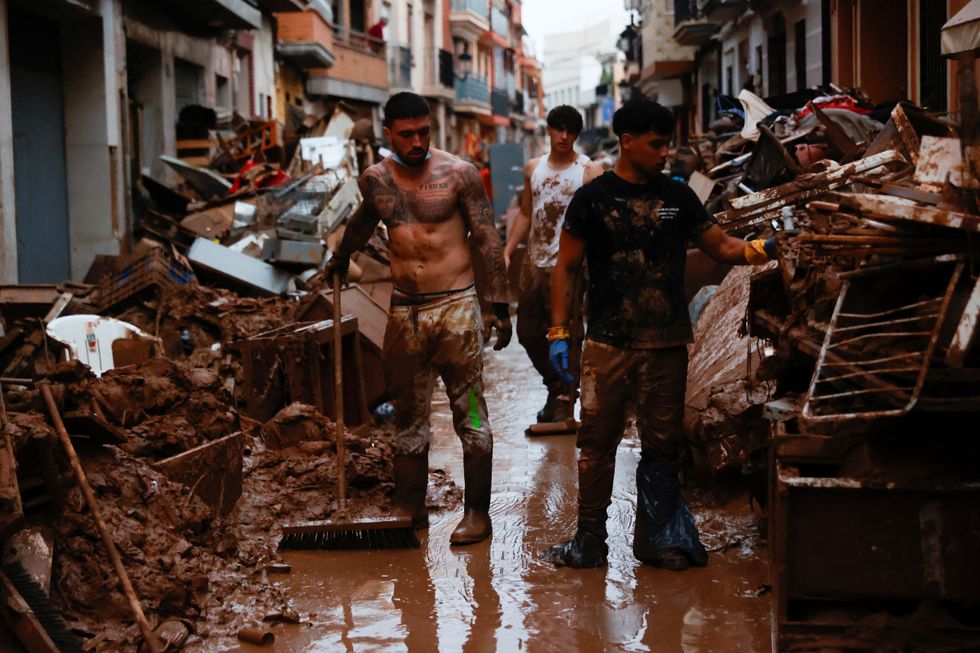
Clean-up workers on streets in Valencia
REUTERS
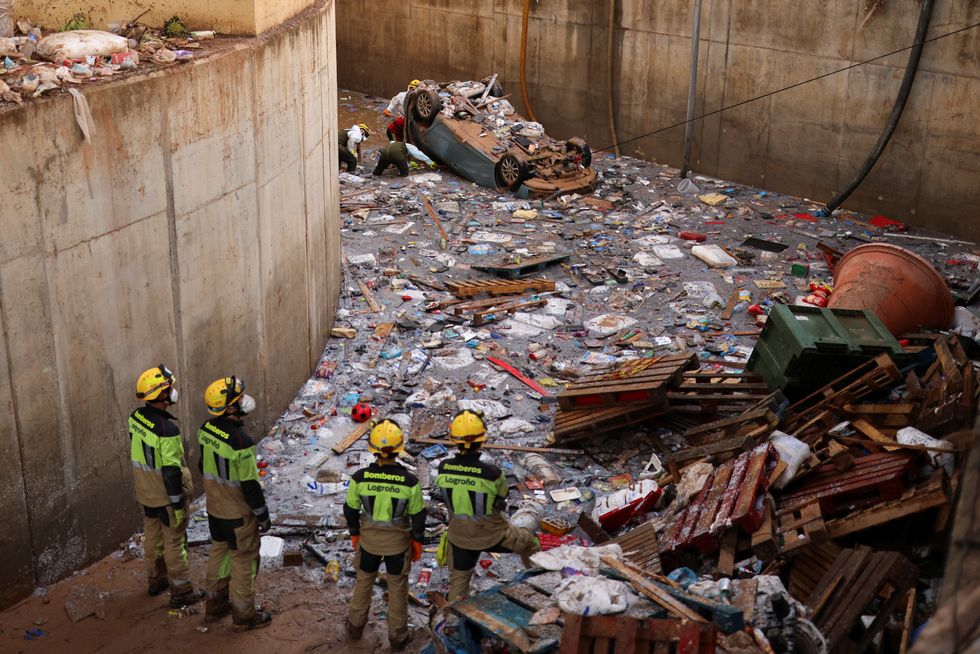
Workers stare at mountain of rubbish and mud in Valencia
REUTERS
Children, pregnant women, and those with respiratory problems or weakened immune systems are urged not to participate in the cleanup.
Public Health recommends discarding materials that cannot be thoroughly cleaned and dried within 24 to 48 hours to prevent mould growth.
The regional health minister has activated an immediate response health group to assess the situation continuously.
Experts insist on reinforcing protective measures as thousands continue to work tirelessly, many without proper protection.
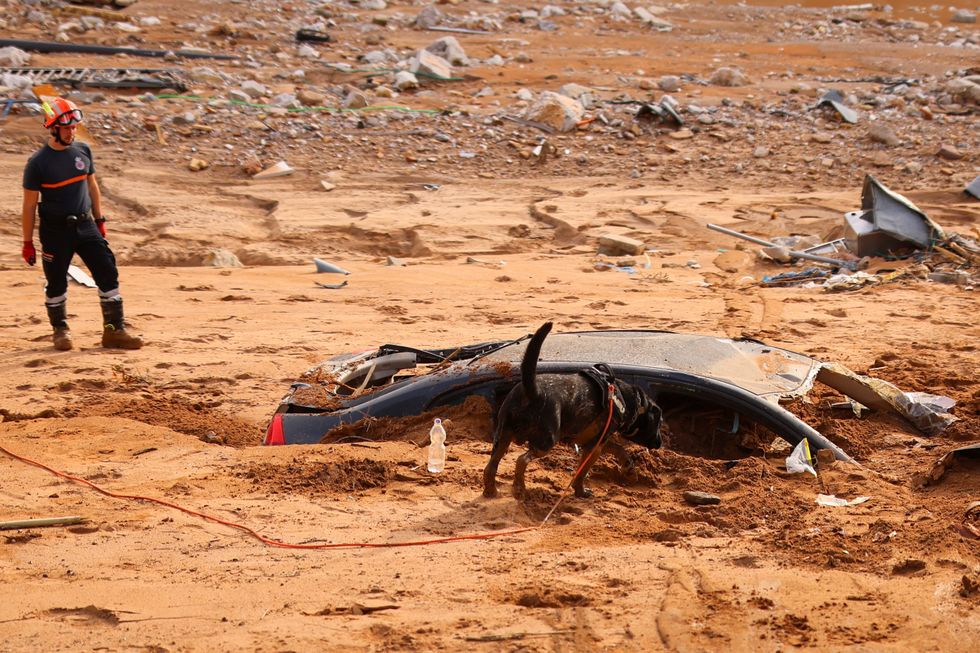
Car submerged in mud in Valencia
REUTERS
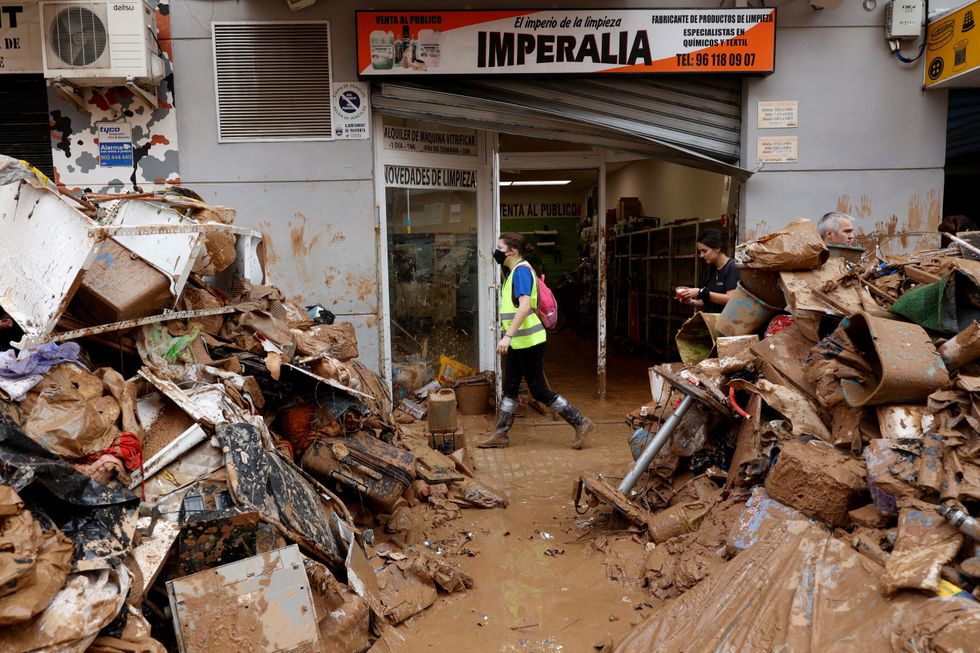
Rubbish and mud piled high outside shop in Valencia
REUTERS
Authorities advise against consuming any food that may have contacted floodwater, except for sealed tins and waterproof containers. These should be dried for at least an hour before opening or storing.
Water analysis is now crucial to prevent further health risks. Gullon urges anyone experiencing symptoms to seek immediate medical attention to “stop the transmission chain”.
The removal of bodies from floodwaters remains a priority to facilitate street cleaning and reduce health hazards.
As the situation evolves, officials warn that risks may worsen in the coming days, depending on factors such as temperature and the restoration of basic services.